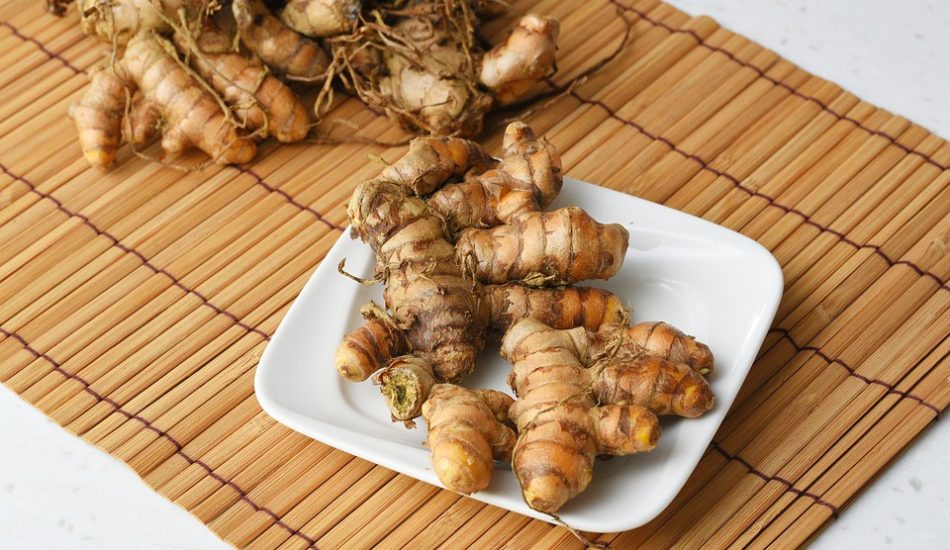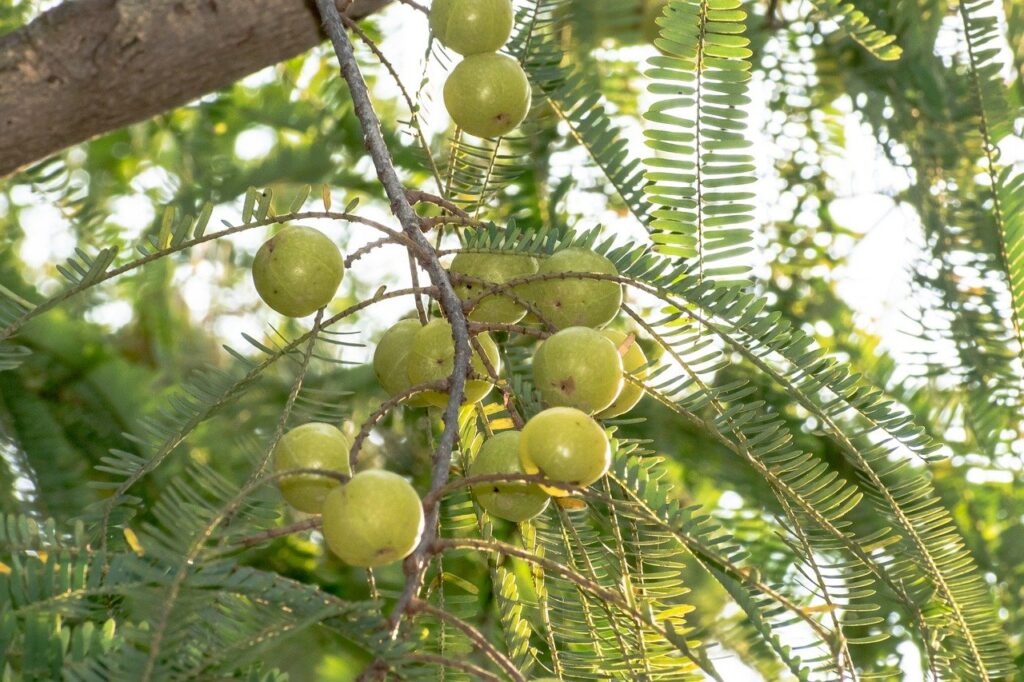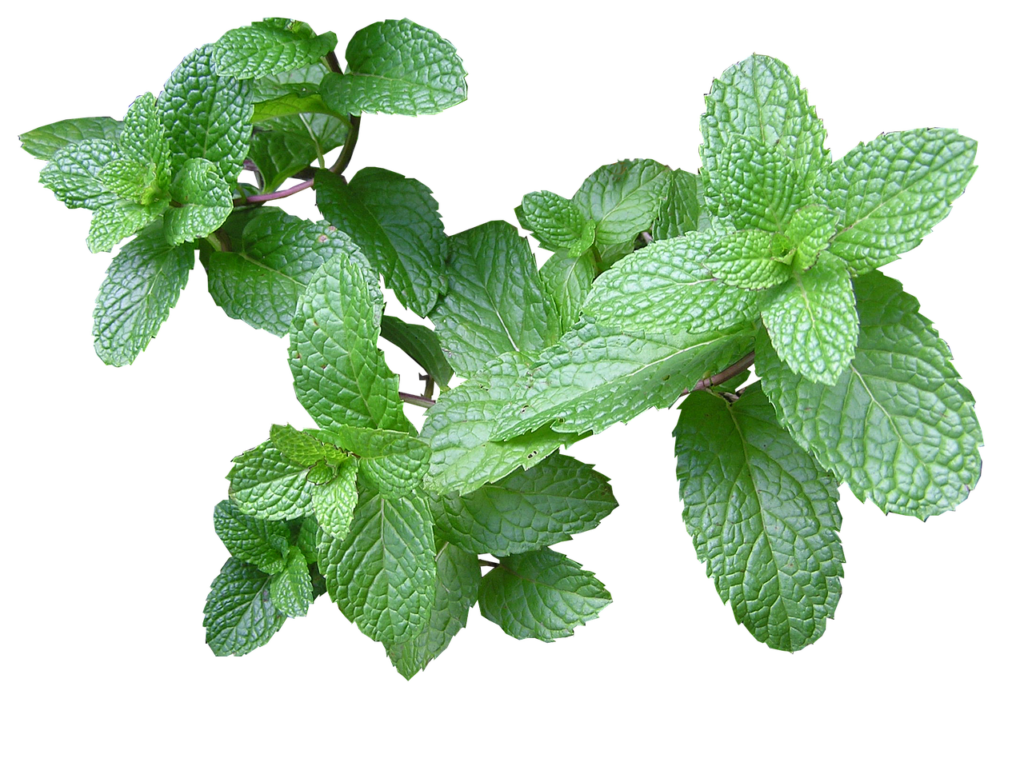
Turmeric is a flowering plant in a ginger family. It is a perennial herb with underground stems called rhizomes. Turmeric is native to the Indian subcontinent and Southeast Asia. In Ayurveda, it is known as Harida, and is valued for its healing powers. The health benefits of turmeric are wide-ranging. In Ayurveda, it is used to balance Vata, Pitta, and Kapha dosha.
People use its rhizome (its root) as a spice and traditional medicine. Notably, Curcumin is a major part of turmeric. It gives turmeric its yellow color. For centuries, turmeric has been in use for its potential health benefits. It gives flavor and color to culinary dishes. Today, people not only use it as spice in cooking, but also as supplements due to the various health benefits of turmeric.
Health Benefits of Turmeric (Curcumin)
Antioxidant power:
To begin with, turmeric’s antioxidant properties help to neutralize free radicals in the body. It can protect cells from oxidative stress. Besides, it can also slow down the process of aging. Due to its antioxidant properties, turmeric can lower the risk of diseases like cancer, heart problem and brain disorder.
Curcumin boosts natural antioxidants in the body such as superoxide dismutase (SOD) and catalase (CAT) and glutathione (GSH). These enzymes protect your cells and support detoxification.
In addition, the research titled, “Antioxidant and Anti-Inflammatory Properties of Curcumin”, Manon V.P., Sudhir A.R., found that curcumin can remove different types of free radicals, including ROS (reactive oxygen species) and RNS (reactive nitrogen species).
Anti inflammatory effects of Curcumin:
Furthermore, anti-Inflammatory properties in turmeric help the body to fight against inflammation. Thus, this makes it useful for managing health problems like asthma, hay fever, arthritis and joint pain, and some other autoimmune diseases. This is another key reasons why the health benefits of turmeric are widely appreciated.
Curcumin can lower the level of inflammatory proteins called cytokines in the body. These proteins often trigger inflammation. Curcumin enhances antioxidant defense mechanisms. It increases glutathione and superoxide, neutralizing oxidative stress that fuel cytokine production. According to the Arthritis Foundation, curcumin blocks harmful enzymes, like 5-LOX and 2-Cox-2, which fuel inflammation.
Besides, curcumin also helps in gut health. It can reduce gut inflammation and support friendly bacteria. This makes it helpful for people with IBS, ulcerative colitis, and Crohn’s disease.
In addition, turmeric is the major source of the polyphenol curcumin. The research work “Curcumin: A Review of its Effect on Human Health” (Hewlings SJ, et al. Foods. 2017), says that curcumin supports the management of inflammation, arthritis, anxiety, metabolic issues, and even muscle soreness.
Turmeric (Curcumin) and Heart health:
Furthermore, curcumin supports heart health in many different ways. It reduces inflammation, improves blood flow, and fights oxidative stress. Most importantly, curcumin improves the endothelial function.
But What is endothelium?
Endothelium is a single layer of cells inside blood vessels. It helps to control blood pressure and clotting.
Curcumin may enhance endothelial function by making the blood vessels more flexible. It reduces the risk of heart disease.
Research shows that curcumin helps in lowering LDL (bad cholesterol) and raise HDL (good cholesteorol). A 2022 study found that curcumin improved the overall lipid profile, which means it supports healthy cholesterol levels.
Additionally, the review article “Protective Mechanism of Curcumin on Cardiovascular Disease” by Yang C and others expresses that curcumin protects the heart. Further, it says that curcumin prevents fibrosis, and supports strong and healthy blood vessels.
Turmeric (Curcumin) and Blood Sugar Control:
Moreover, another one of the health benefits of turmeric is its role in managing blood sugar. Insulin resistance occurs when the body’s cells do not respond to insulin properly. Here, cells find it difficult to absorb glucose from blood. As a result, there is high blood sugar. Curcumin boosts insulin sensitivity by activating AMPK pathway, (AMP-activated protein kinase) which helps the body use glucose better.
A study in Diabetes Care showed that curcumin can stop prediabetes from turning into diabetes. Other research also found that curcumin reduced fasting blood sugar levels by 10-20% in people with diabetes.
Hence, its anti-inflammatory and antioxidant properties make it useful for type 2 diabetes, insulin resistance, and metabolic syndrome.

Curcumin and Detoxification:
Curcumin supports the detoxification processes of the body. Main detox organ of the body is the liver. It is responsible for breaking down toxins, drugs, and waste products. Curcumin in turmeric boosts liver enzymes. In turn, it processes and removes harmful substances from the body.
Health benefits of turmeric do not end here. It also acts like prebiotic and thus it helps in the growth of beneficial bacteria in the gut. It also helps to have a healthy gut which is essential for the process of detoxification. Moreover, studies reveal that curcumin reduces heavy metal toxicity in liver, kidney, and brain.
If the body has too many toxins, it may show up as acne, pimples, rashes, or dull skin. Curcumin’s anti-inflammatory and antimicrobial power can reduce acne, pimples, or redness in skin.
Conclusion:
The health benefits of turmeric go well beyond this. It has been used for centuries because of its many health benefits. From reducing inflammation to supporting heart health and managing blood sugar, turmeric is truely a super spice. However, it is important to mention herein that curcumin is a complementary or alternative medicine. It is not a replacement for the main treatment. Therefore, it is advised to use or consume it under the guidance of a doctor only.


